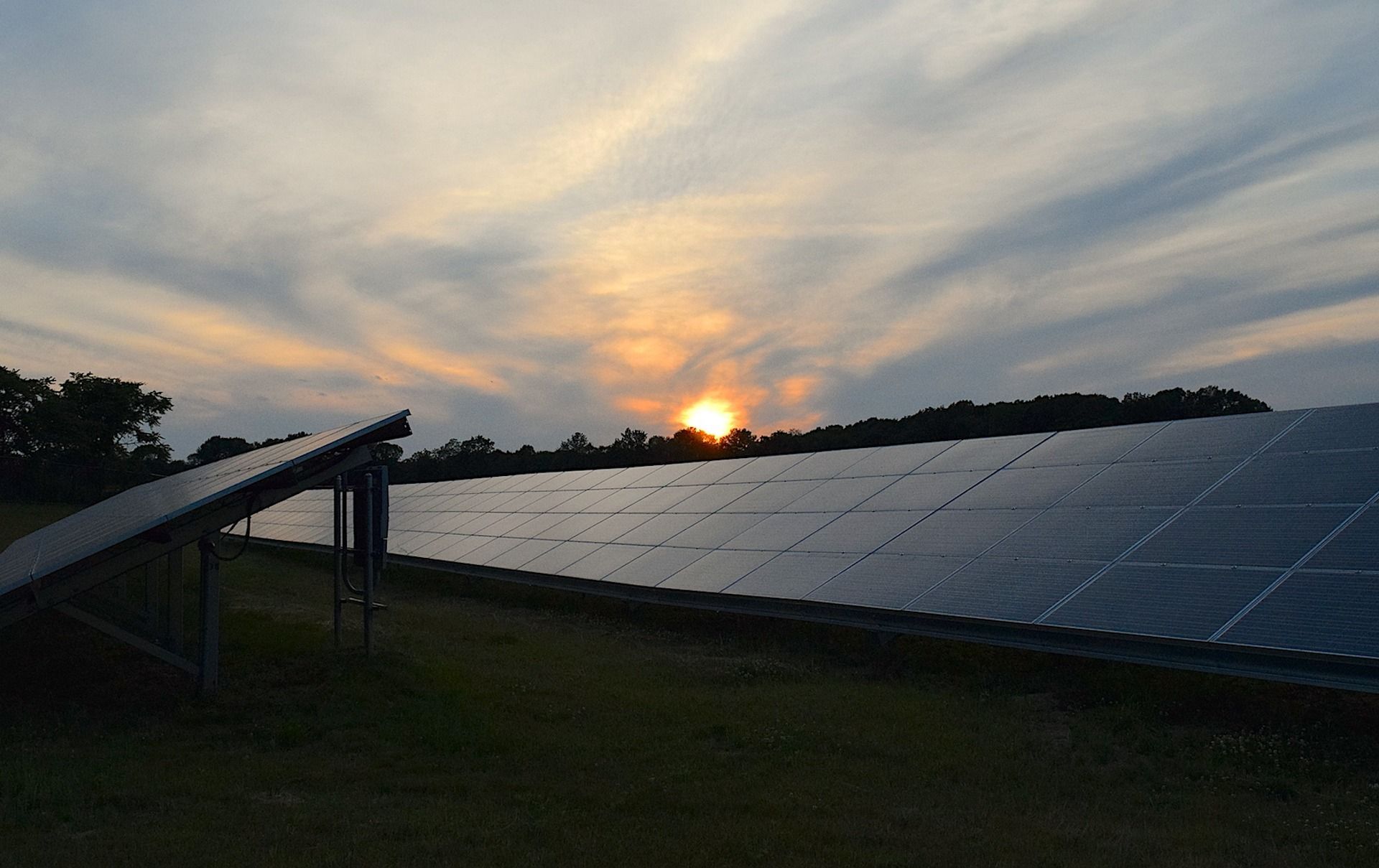
☀ These solar panels provide electricity even at night
By utilizing a natural physical process, it is possible to get solar panels to generate some electricity even during the dark part of the day.
Share this story!
One of the major disadvantages of solar panels is that they don't work in the dark. But now researchers at Stanford University in the United States have developed solar panels that are capable of generating electricity even at night.
Researchers benefit from a natural process where a hot surface that meets a cold one loses heat through radiation. At night, the solar cells radiate heat and become a little colder than the surrounding air. The researchers have developed a thermoelectric module that is connected to the solar panels and which can use the temperature difference to generate electricity through a process called Radiative Cooling.
What the researchers have succeeded in is building a module that has very good contact with both the cold and the warm side.
"You want the thermoelectric part to have very good connection with the cold side, which is the solar panel and the warm side, which is the surrounding environment. Without it, you will not be able to generate much electricity", says Sid Assawaworrarit, who is one of the researchers behind the study, in a press release.
Experiments have shown that the researchers' module can produce 50 milliwatts per square meter. Those aren't exactly large amounts of energy, but an area of 20 square meters of solar cells would be enough to supply a LED with electricity.
Since hundreds of millions of people lack access to electricity, very many would benefit greatly from being able to get lighting during the dark part of the day. An advantage of the Stanford researchers' module is also that it is cheap to manufacture. There is also the opportunity to improve efficiency.
"We did not use custom-built components so I think there is room for improvement. If we custom-made each component, we could get better performance", says Shanhui Fan, another of the researchers behind the study.
By becoming a premium supporter, you help in the creation and sharing of fact-based optimistic news all over the world.


